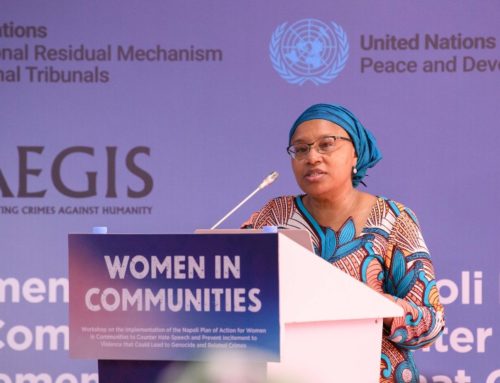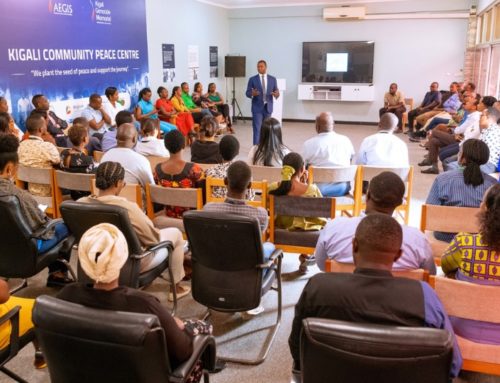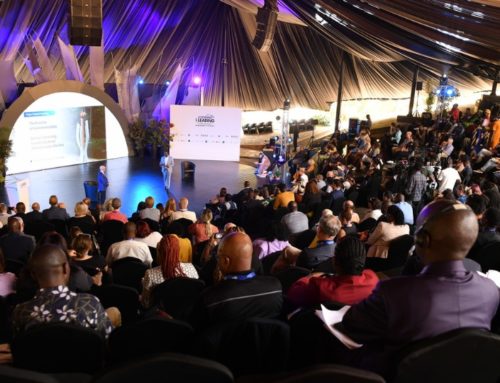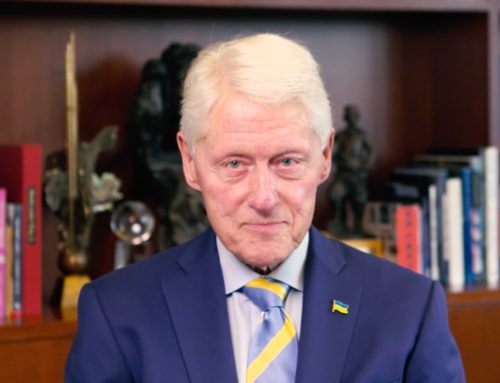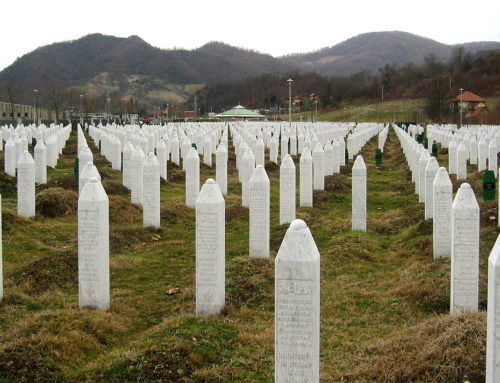 28 Sept 2012 – Outcomes of the Presidential Summit between Sudan and South Sudan announced on 27th September 2012 are an important step in reaching peace between the two neighbouring countries. The ongoing human rights catastrophe however, and its devastating humanitarian consequences in the Nuba Mountains and Blue Nile regions of Sudan, remain unaddressed.
28 Sept 2012 – Outcomes of the Presidential Summit between Sudan and South Sudan announced on 27th September 2012 are an important step in reaching peace between the two neighbouring countries. The ongoing human rights catastrophe however, and its devastating humanitarian consequences in the Nuba Mountains and Blue Nile regions of Sudan, remain unaddressed.
In the lead up to the recent Presidential Summit, Aegis Trust, along with 123 other organisations wrote to each member of the United Nations Security Council (UNSC). They demanded that the UNSC press Sudan to allow immediate and ongoing humanitarian access to the Blue Nile and South Kordofan (click here for more details, including text of the letter).
The recent mediation efforts failed to address the situation for those in the Blue Nile and Nuba mountains trapped without humanitarian assistance and facing a renewed onslaught from Sudanese armed forces through aerial bombardments and ground attacks. In the days leading up to the agreement, the United Nations Refugee agency released statements on the increasing number of refugees crossing the border into South Sudan following the renewal in attacks.
The Aegis Trust is calling upon Her Majesty’s Government, in its privileged position as a permanent member on the United Nations Security Council, to take a strong lead within the international community to ensure that the agreements reached between Sudan and South Sudan do not mask this ongoing human catastrophe. The UK should take the lead to work with others who have influence within the international community to do all they can to address the situation, particularly in the lead up to the Secretary General’s report expected in relation to Security Council Resolution 2046.
The Aegis Trust’s Special Representative on Crimes against Humanity, Dr Mukesh Kapila was United Nations Humanitarian Resident Coordinator in Sudan in 2003-2004 during the unfolding atrocities in Darfur and worked tirelessly to bring the situation to the World’s attention. Following his visit to the Nuba Mountains in March this year, where he witnessed the same crimes against humanity being committed by the Sudanese Government that he had observed in Darfur, Dr Kapila has urged the United Kingdom to respond to the situation with strong and decisive action.
“The agreements reached this week are important in defusing the tensions between Sudan and South Sudan,” says Dr Kapila. “However, this may well be temporary as the underlying causes for the suffering of the Nuban and Blue Nile people remain unaddressed. Security Council Resolution 2046 and other statements such as that of the Foreign Secretary and Minister for Africa released yesterday fail to recognise, let alone condemn the Government of Sudan for committing mass atrocities in the Nuba and for persistently denying humanitarian access that in itself is a crime against humanity. The United Kingdom has not made clear how it will be working to bring an end to the dire situation.”
In addition to urging strong action on the ongoing situation in South Kordofan and the Blue Nile, Aegis Trust is calling on the United Kingdom to work to address President Bashir’s ongoing impunity and to consider the new and growing evidence of mass atrocities in the Nuba and bring this up for discussion in the Security Council with a view to a further referral to the International Criminal Court.
“The crimes witnessed by the Aegis Trust and by many others are a strong and persistent driver of the conflict,” says Dr James Smith, Chief Executive of the Aegis Trust. “A just and lasting peace between Sudan and South Sudan, and within Sudan, cannot be achieved without attending to the longstanding grievances of the people in Darfur, Nuba, Abyei and the Blue Nile. Accountability is necessary for sustainable solutions to a crisis of this nature. This must include justice for crimes against humanity.”

